-
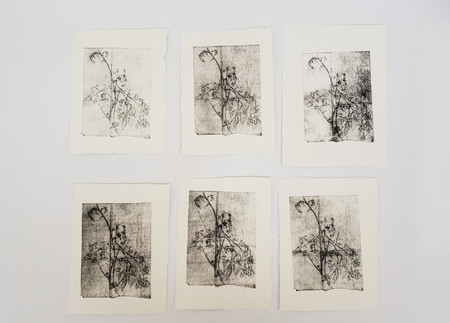
Proposal by: Stephanie Pau
Time Givers, by Tomato Plants et al
Project Proposal: Practicing more-than-human care
Humans are not the only entity in the world, machines and the rest of nature, too, share the same world. In the next tomato planting season (2023), I, with local tomato plants - wherever I may be
-
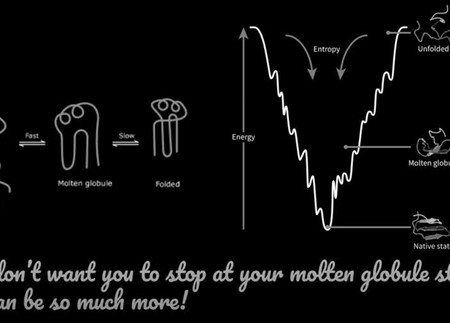
Proposal by: Sujata Majumdar, Roland van Dierendonck, Irene Nooren
Nanoplay
Project Proposal: The Society Within Us
'The major problems in the world are the result of the difference between how nature works and the way people think' - Gregory Bateson Our current way of thinking does not enable us to deal with...
-
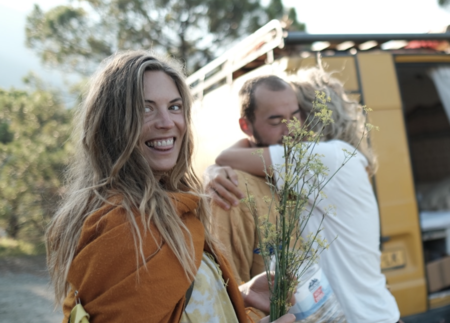
Sieta Maria van Horck
Sieta van Horck is a multidisciplinary artist working at the intersection of ecology, technology, spirituality and embodiment. In her installations, meditation lectures, gatherings and rituals she...
-
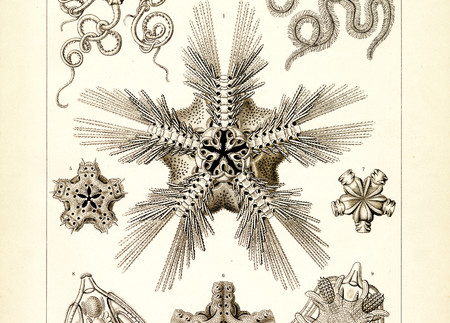
Plate 10 Ernst Haeckel, Adolf Giltsch
Ophiothrix Ophiodea. / Schlangensterne.
Lithograph by Ernst Haeckel and Adolf Giltsch
Plate 10 from Kunstformen der Natur. Ophiodea: Brittle stars, closely related to starfish. Characterised by a small round like body and five long, thin arms.
-
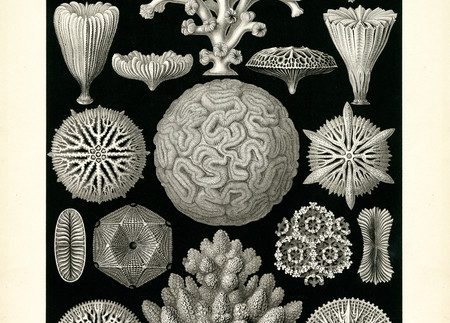
Plate 9 Ernst Haeckel, Adolf Giltsch
Maeandrina. / Hexacoralla. Sechsstrahlige…
Litho van Ernst Haeckel en Adolf Giltsch
Plate 9 from Kunstformen der Natur. Hexacoralla: Subclass of corals, which include sea anemones, stony corals and soft corals.
-
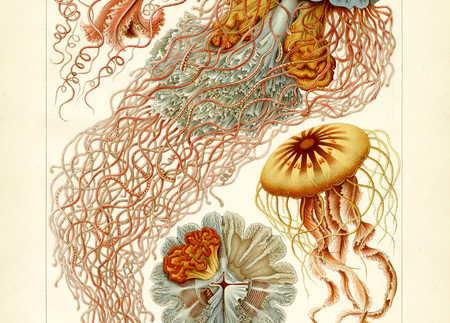
Plate 8 Ernst Haeckel, Adolf Giltsch
Desmonema. / Discomedusae. Scheibenquallen.
Lithograph by Ernst Haeckel and Adolf Giltsch
Plate 8 from Kunstformen der Natur. Discomedusae: Subclass of Scyphozoa (jellyfish)
-
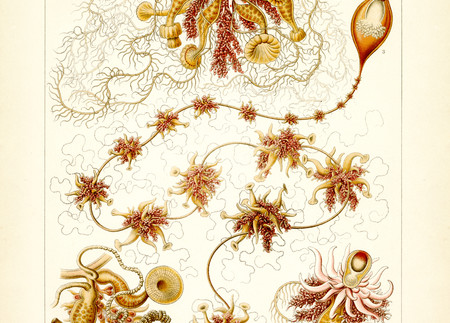
Plate 7 Ernst Haeckel, Adolf Giltsch
Epibulia. / Siphonophorae. Staatsquallen.
Lithograph by Ernst Haeckel and Adolf Giltsch
Plate 7 from Kunstformen der Natur. This is one of the 100 pop science biology illustrations that were published from 1899 – 1904 in Leipzig by Ernst Haeckel through Verlag des Bibliographischen...
-
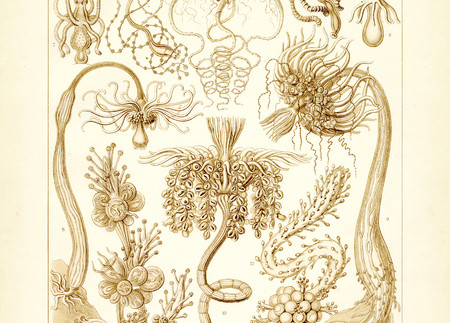
Plate 6 Ernst Haeckel, Adolf Giltsch
Tubuletta. / Tubulariae. Röhrenpolypen.
Lithograph by Ernst Haeckel and Adolf Giltsch
Plate 6 from Kunstformen der Natur. Tubulariae: Genus of Hydroids, animals related to jellyfish and have strong visual similarities to them such as a compact, mostly round body with long strings...
-
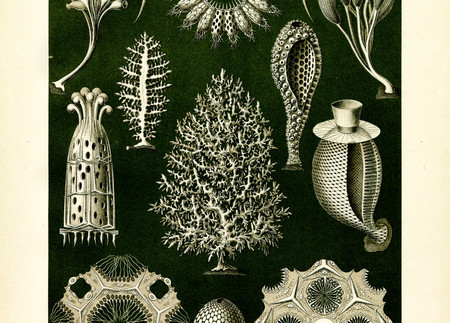
Plate 5 Ernst Haeckel, Adolf Giltsch
Ascandra. / Calcispongiae. Kalkschwämme.
Lithograph by Ernst Haeckel and Adolf Giltsch
Plate 5 from Kunstformen der Natur. Calcispongiae: Marine sponges with c alcareous skeletons
-
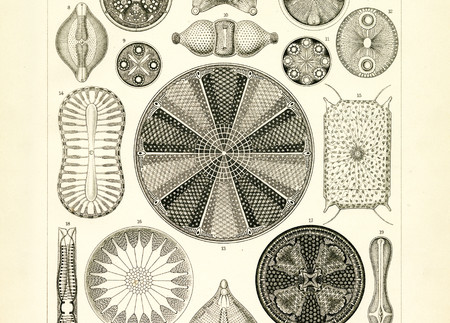
Plate 4 Ernst Haeckel, Adolf Giltsch
Triceratium. / Diatomea. Schachtellinge.
Lithograph by Ernst Haeckel and Adolf Giltsch
Plate 4 from Kunstformen der Natur. Diatomea: Single-celled organisms also know als algae
-
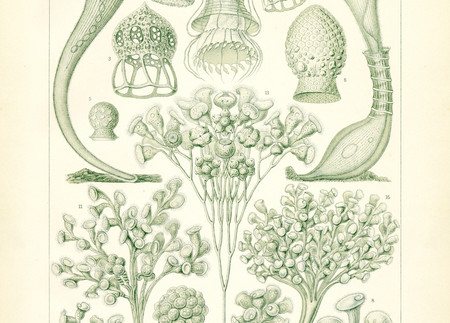
Plate 3 Ernst Haeckel, Adolf Giltsch
Stentor. / Ciliata. Wimperlinge.
Lithograph by Ernst Haeckel and Adolf Giltsch
Plate 3 from Kunstformen der Natur. Ciliata: Complex single-celled organisms with a short hairlike surface. Hence the name that comes from the Latin word Cilia which means eyelash.
-
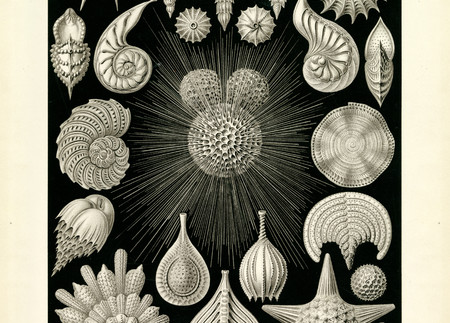
Plate 2 Ernst Haeckel, Adolf Giltsch
Globigerina. / Thalamophora. Kammerlinge. (test)
Lithograph by Ernst Haeckel and Adolf Giltsch
Plate 2 from Kunstformen der Natur. This is one of the 100 pop science biology illustrations that were published from 1899 – 1904 in Leipzig by Ernst Haeckel through Verlag des Bibliographischen...
-
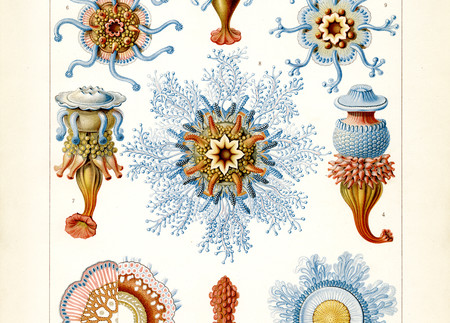
Porpema. / Siphonophorae. Staatsquallen. (test)
Lithograph by Ernst Haeckel and Adolf Giltsch
Plate 17 from Kunstformen der Natur. Siphonophorae: Subclass of Hydrozoa, sea animal related to jellyfish and corals.
-
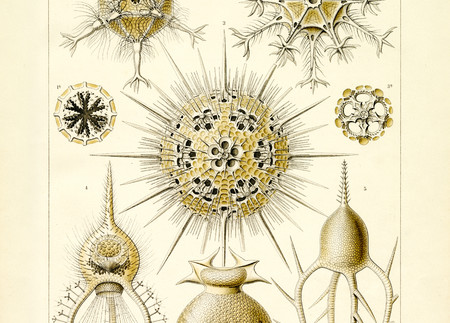
Plate 1 Ernst Haeckel, Adolf Giltsch
Circogonia. / Phaeodaria. Rohrstrahlinge. (test)
Lithograph by Ernst Haeckel and Adolf Giltsch
Plate 1 from Kunstformen der Natur. Phaeodaria; (Radiolaria) single-celled organisms also known as zooplankton.
-
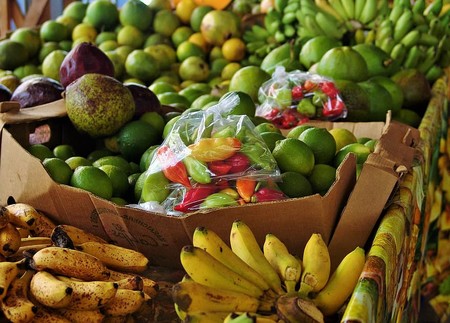
Mediamatic Biotoop Dijkspark, Mediamatic Eten, Dijkspark Naomi Tidball
Food is both fuel and identity
A blog for Code Noir
In light of our upcoming Code Noir event, it is important to reflect on globalisation's ability to reshape food. It offers a diversity within gastronomy, and it allows for a wider availability of...
-
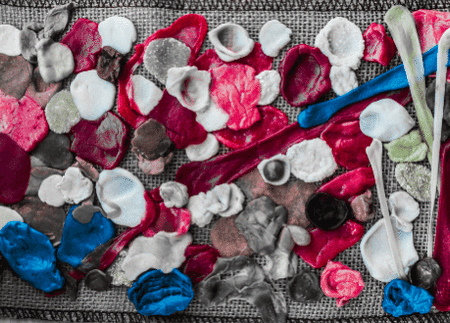
Salivary Sample
Created spit by spit.
When I began my research. I dove in the deep and bought a lot of different gums. This was to compare the different brands and types of gum. Looking further than just the colorful packages, I tried...
-
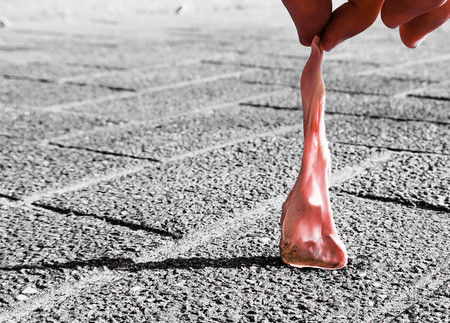
Let's Gum Together
Gumdrop: the act against gum waste.
Gumdrop Ltd. is a London-based company and is the leader of its self-developed niche. They specialize in recycling and processing chewing gum into new compounds or products and used in the rubber and...
-
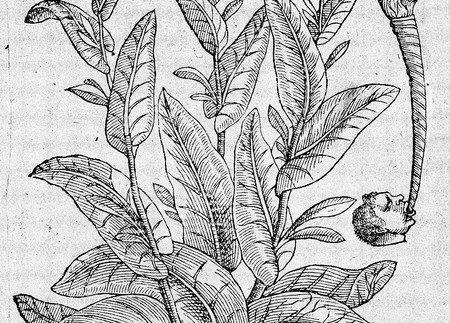
Mediamatic Biotoop Dijkspark Laura Ximena Triana
The cultural influence of Tobacco
This is a part our Olfactory History of Oosterdok
Discover the transition of Tobacco from a cultural/historical perspective.
-
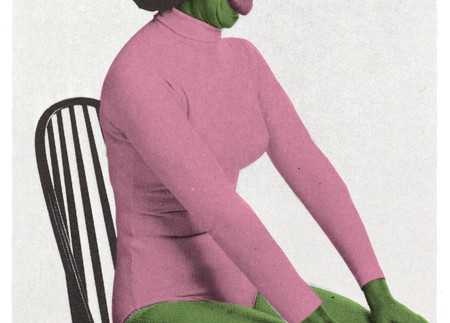
Celebrating Spit
dribble, slobber, sputum, drool...
A weapon, a balm and a data bank, when used respectfully saliva brings us passion and healing.
-
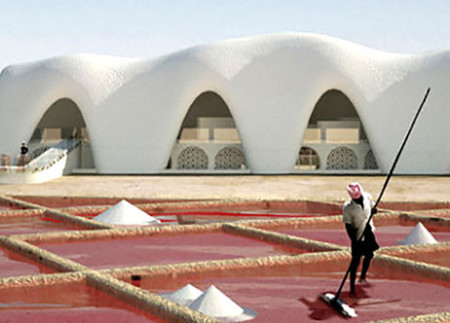
Presentation: Mediamatic Biotoop Dijkspark
Regeneration
- Biotalk with Eric Geboers, Caroline Slomp and Aad Kruiswijk17Mar 2017Can we regenerate our man-damaged eco-systems and if so, how? For this Regeneration Biotalk we've invited artist Ivan Henriques, professor Biogeochemistry Caroline Slomp and engineer/architect Eric...
-
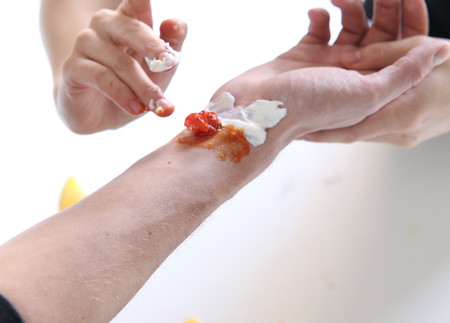
Presentation: Mediamatic Biotoop Dijkspark
Food Futurism
- Odorama 12 - with Marije Vogelzang, Garmt Dijksterhuis, Dr. Sanne Boesveldt, Karin Post, Caro Verbeek8Dec 2016If it is true that people ‘think, dream and act according to what they eat and drink’, one should also say that this is true for what they smell. After all, it is our olfaction that guides most of...
-
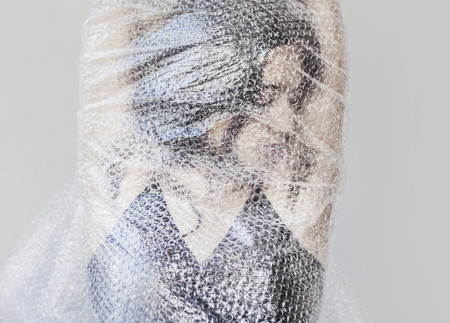
Presentation: Mediamatic Biotoop Dijkspark
The body odour edition
- Odorama 11 - with Lauryn Mannigel, Jasper de Groot, Marit Mihklepp, Caro Verbeek3Nov 2016Without us even being aware our bodies silently communicate with each other. We can communicate through our body odours, pheromones and even with odorless molecules. We transmit information about...
-
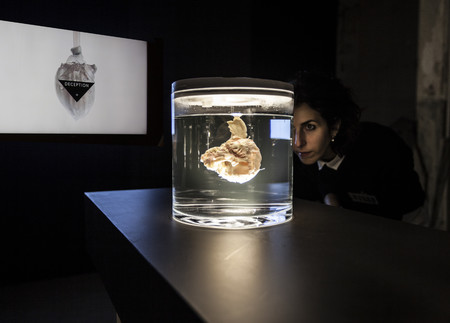
Exhibition: Mediamatic Foundation Jonáš Verešpej, Regina Schroeter
Opening: The Art of Deception
- Exploring the artistic and creative value of synthetic biology27Oct 2016Where is the line between ultimate deception and perfection? Join us on October 27th in Mediamatic's Sluisdeurenloods for the official opening of The Art Of Deception - a collaboration between artist...
-
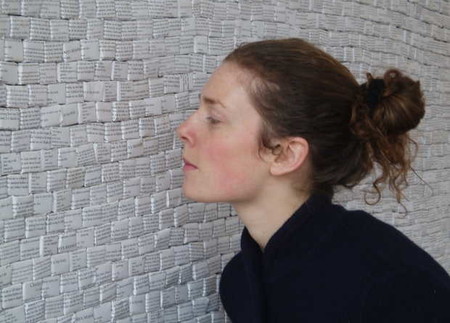
Presentation: Mediamatic Biotoop Dijkspark
The Anthropology Edition
- Odorama 10 - with Job Koelewijn, Daan Kamps and Dr. Yolande van Ede6Oct 2016Our perception of scent is culturally determined. If you think how your childhood smelled it would probably be lily-of-the-valley whereas for South Americans it would be the smell of lemons. Sensory...